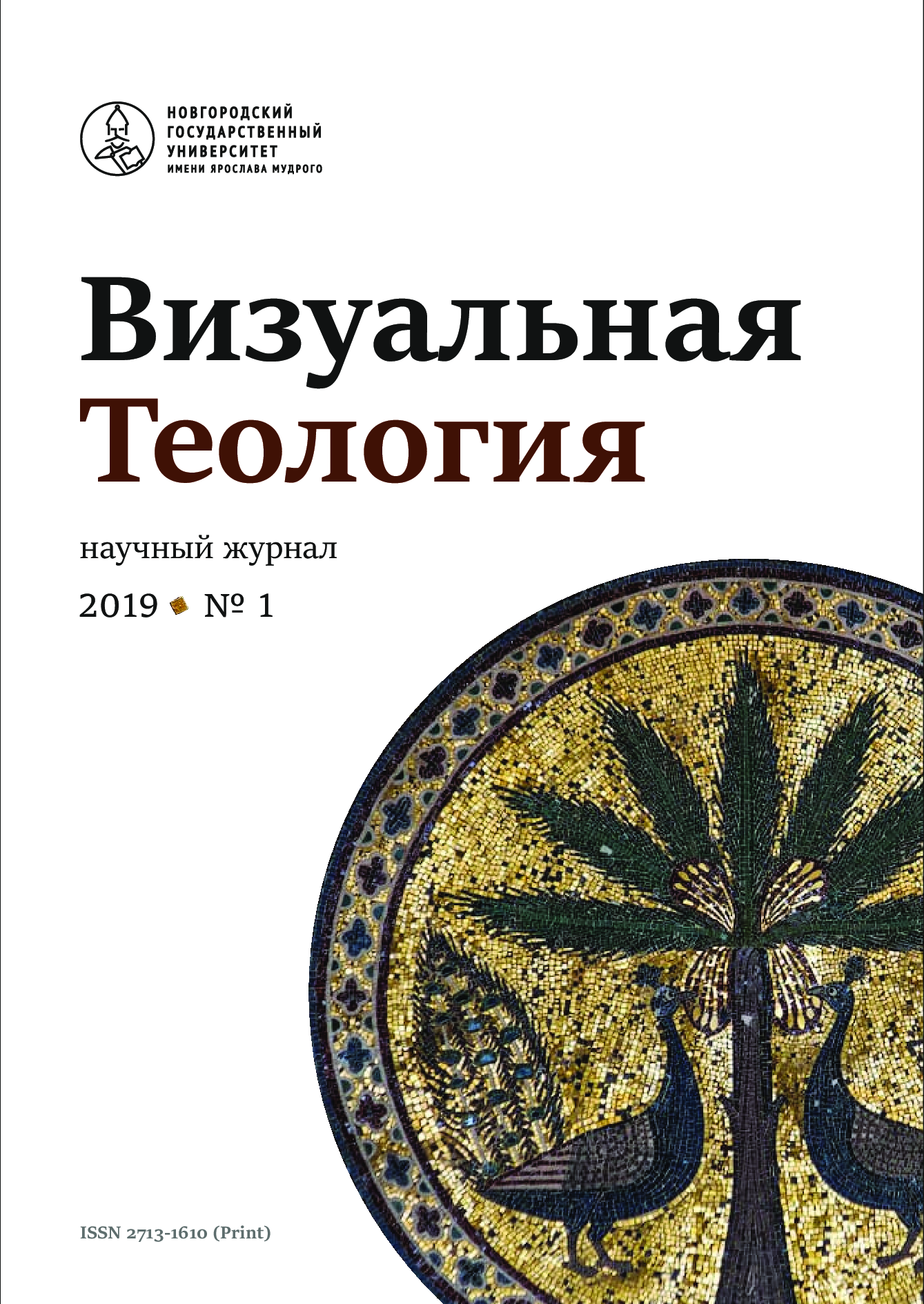Cryptoepiphany in Plato Texts
Abstract
Ancient epiphany is well studied in modern cultural and social anthropology. But this does not mean that all its sides are equally analyzed by the researchers. This article discusses the use by Plato the techniques for describing cryptoepiphany in classical antique narrative. Examples of the hidden presence of the gods among people, their invisibility, the threat of meeting a deity in its true form are often found in ancient narrative - from the Homeric epic and Homeric hymns to Apuleius’ Metamorphoses. Such stories violate the “scheme” of the epiphany act, which is customary for the ancient text. The phenomenon of the gods, even quite obvious from the point of view of the narrator, is not accompanied by his recognition by the characters (or most of the characters) involved in the story. The invisibility of a deity, or its concealment under a different appearance, points out not only to the superiority of god(s) over man with all the ensuing consequences. It is associated with the natural complexity of transcendence between immortals and mortals. Here, human perception cannot be a criterion of truth, so doubt or recognition of the inability to understand what is happening becomes the most correct strategy. In another way, it can be described as a strategy of alertness to the unusual and unfamiliar. Plato uses this strategy in an ironic context in the dialogs «Sophist», «Protagoras», «Euthydemus». The words of Socrates spoken to the Stranger from Elea in the first dialogue are an indication of the archetypal topos of fear of the divine supervision of people. The irony is especially acute in relation to the sophists – revealing their wisdom, which claims to be universal, that is, divine character, they seem to be gods – but false. In cosmology of sophists, the gods lose their privileged status, transforming into human fiction. Consequently, the «sages» who replaced them cannot possibly possess divine knowledge (it absents in their world). They can only be false gods ridiculed by Socrates. Note that in the same sense Plato uses the motive of cryptoepiphanic invisibility of the deity. In the second book of the «Republic», Glavkon talks about the Gyges from Lydia, who miraculously received the gift of invisibility and made full use of it, having seized the queen and seized the throne. Plato points out that Gyges acted similarly to how the gods act in relation to people – implying exactly the epic descriptions of cryptotheophany. The Gyges’s ring is a kind of thought experiment that reveals the weakness of human nature. Theology of Plato, as we know, is built on a different idea of the gods - their immutability, goodness and lack of deception in communication with people. Therefore, the ironic intonation chosen by Plato transforms the traditional mythological narrative, which turned out to be in a critical context of ancient philosophical thought.


